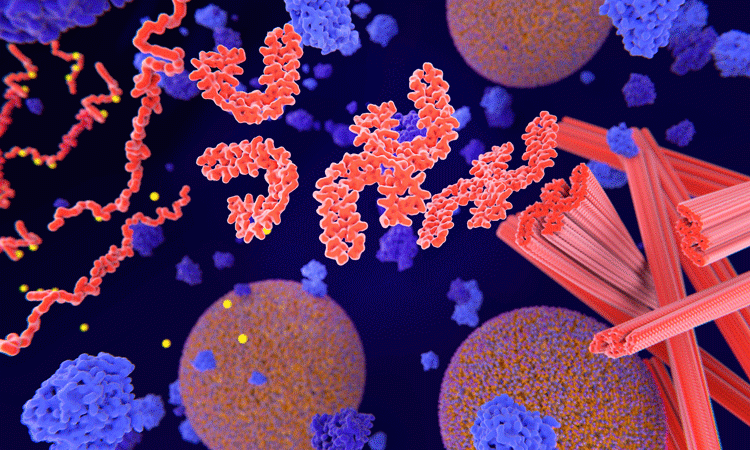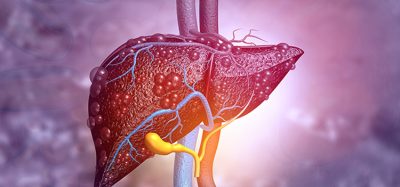Tauopathy-regulating protein identified
Posted: 11 July 2019 | Victoria Rees (Drug Target Review) | No comments yet
Researchers have discovered that the VPS35 molecule can be utilised in preventing neurodegenerative disorders.


A study has demonstrated that the VPS35 molecule can protect the brain against neurodegenerative proteins, known as tau. The researchers say that preventing tau proteins from accumulating and causing tauopathy can inform treatments against neurodegenerative disorders.
Previous studies have shown that VPS35 function is reduced for patients with Alzheimer’s disease.
The team, from the Lewis Katz School of Medicine at Temple University, US, examined the brain tissue from patients with progressive supra-nuclear palsy (PSP) or Picks’ disease. In Alzheimer’s disease, tau accumulation is secondary to that of beta-amyloid, but for PSP and Picks’ disease, tau is the only protein that forms deposits in the brain.
The findings showed that for PSP and Pick’s disease patients, VPS35 levels were 50 percent lower than those of control subjects. The researchers altered VPS35 levels in individual tauopathy-affected neurons in vitro. They found that they could directly control tau accumulation, implicating VPS35 in tauopathy. The VPS35-dependent effect on tau was mediated by the activity of cathepsin D, an enzyme that specialises in protein degradation.
The researchers also used mouse models with tau accumulation. VPS35 downregulation in these animals exacerbated memory impairment and was associated with poor motor function. Reduction of the molecule also resulted in loss of synaptic integrity between neurons in the models’ brains, significantly damaging neural communication.
without VPS35, cathepsin D does not degrade tau, leaving the protein to build up in the brain
“When tau lingers in cells, it is very bad for synapses, the places where neurons meet and exchange signals,” explained lead investigator Dr Domenico Praticò. “In the animals we studied, there was a 40 to 50 percent loss in synaptic connectivity when VPS35 activity was reduced, which led to the types of cognitive and motor deterioration, including losses in memory and learning ability, seen in human tauopathy patients.”
They concluded that without VPS35, cathepsin D does not degrade tau, leaving the protein to build up in the brain. The team plans to investigate the possibility of using a drug to encourage VPS35 function in the context of neurodegenerative disease.
“The approach would be unique. Instead of targeting an enzyme, as other small molecules have been developed to do, we would be targeting an actual mechanism, which should be more viable,” Praticò said.
The findings were published in Molecular Psychiatry.
Related topics
Drug Targets, Neurons, Neurosciences, Research & Development
Related conditions
Alzheimer’s disease, Picks’ disease, progressive supra-nuclear palsy (PSP)
Related organisations
Lewis Katz School of Medicine at Temple University, Molecular Psychiatry
Related people
Dr Domenico Praticò








